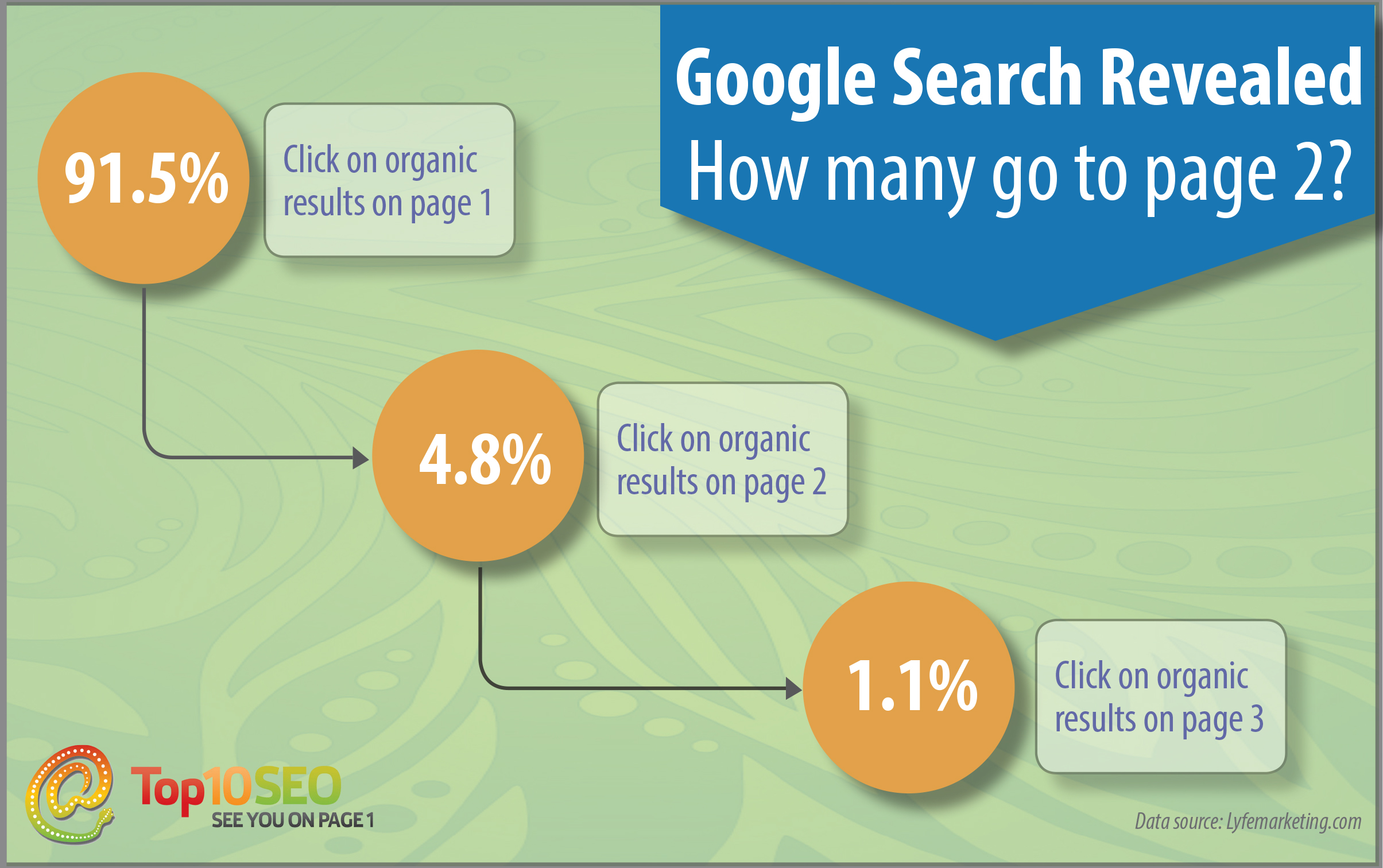 A new analysis has revealed that 60% of citations on AI search engine Perplexity align with the top 10 Google organic search results. This finding may come as a surprise considering a previous analysis that found 94% of Google Search Generative Experience links are different from its own organic results. However, it is good news for those who have prioritized SEO for Google and focused on building a notable brand, as they should be off to a good start on optimizing for Perplexity.
A new analysis has revealed that 60% of citations on AI search engine Perplexity align with the top 10 Google organic search results. This finding may come as a surprise considering a previous analysis that found 94% of Google Search Generative Experience links are different from its own organic results. However, it is good news for those who have prioritized SEO for Google and focused on building a notable brand, as they should be off to a good start on optimizing for Perplexity.
The analysis also found that healthcare had the highest result overlap, with 82% of citations aligning with the top 10 Google organic search results. This can be attributed to both Perplexity and Google citing authoritative sites like the Mayo Clinic and the National Institutes of Health. On the other hand, restaurants had the lowest overlap, with only 27% of citations aligning with Google’s top 10 organic results.
When comparing Perplexity and Google’s search results, it was found that Reddit was cited in seven out of the nine industries analyzed, with the exceptions being healthcare and finance. In the ecommerce industry, both Perplexity and Google cited Wikipedia and Amazon. However, Google also cited Quora and Consumer Reports, while Perplexity cited Reddit.
The reason for these differences lies in the data each search engine has access to. Google has a vast amount of data from reviews, ratings, location information, and business hours, which allows it to provide more accurate and comprehensive search results. Perplexity, on the other hand, relies on data from Yelp for this type of information. Similarly, Google has Google Finance, while Perplexity cites Yahoo, MarketWatch, and Barrons.
Despite these differences, Perplexity is experiencing significant growth. It has reached 15 million monthly active users and has seen a 40% increase in referrals to brand sites since January. Its organic share rate is also growing at 39% per month. In terms of citations, Perplexity provides an average of 5.28 citations per response, with significantly more citations in restaurant and travel responses.
According to Jim Yu, founder and Executive Chairman of BrightEdge, “In a post-generative AI world, citations are the new rankings. For brands to win, they need to be the cited source.” This highlights the importance of being a trusted and authoritative source in order to succeed in AI-driven search engines like Perplexity.
The research conducted by BrightEdge has been published as part of its resource, “The Ultimate Guide to Perplexity.” This guide provides further insights and information on how to optimize for Perplexity and leverage its growing user base.
Overall, the analysis highlights the overlap between Perplexity and Google organic search results, as well as the differences in citations and data sources. It underscores the importance of prioritizing SEO for Google while also considering the unique factors that influence rankings on AI search engines like Perplexity. As the popularity of Perplexity continues to grow, brands should focus on becoming cited sources to improve their visibility and success in this evolving search landscape.
